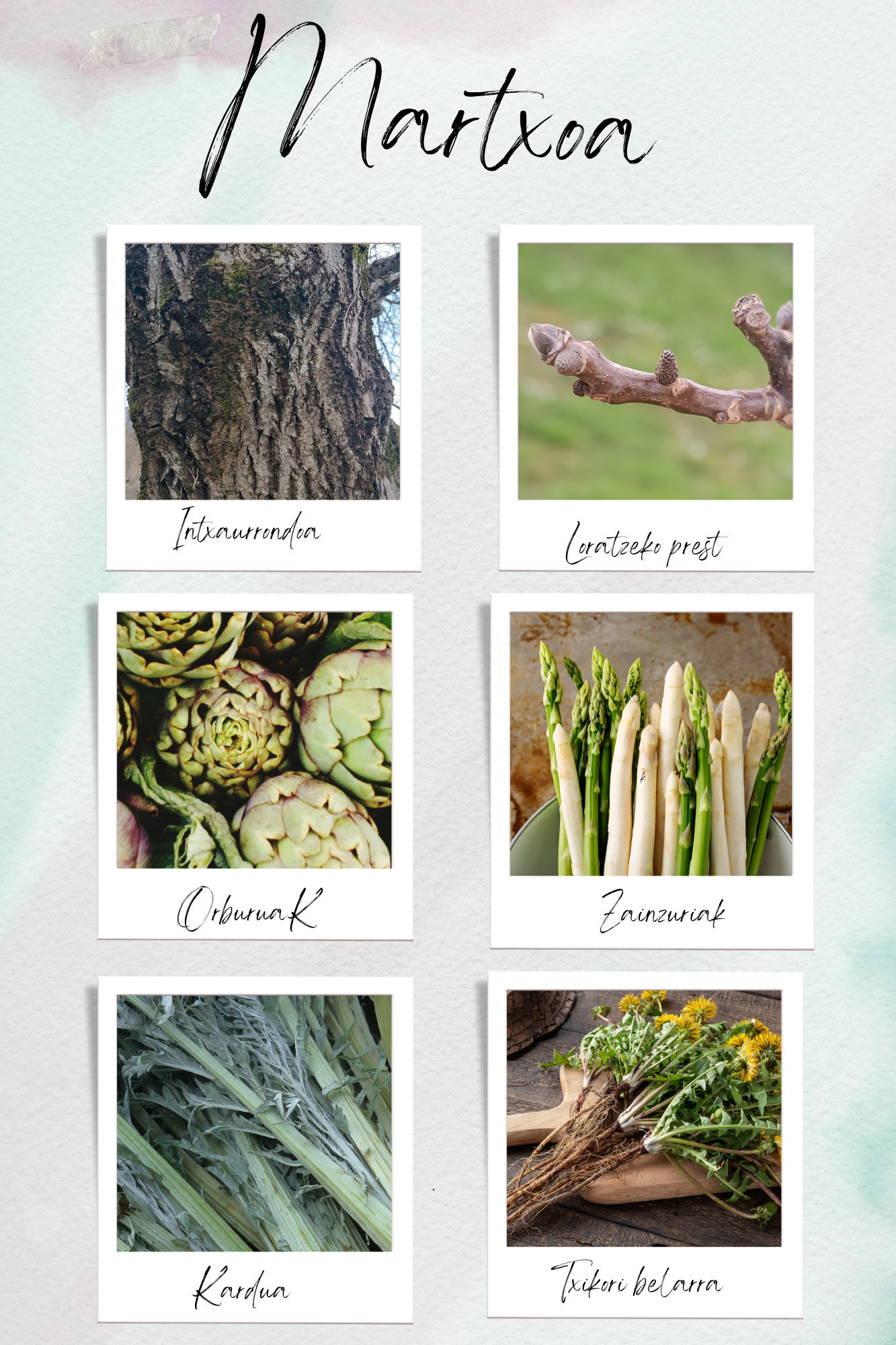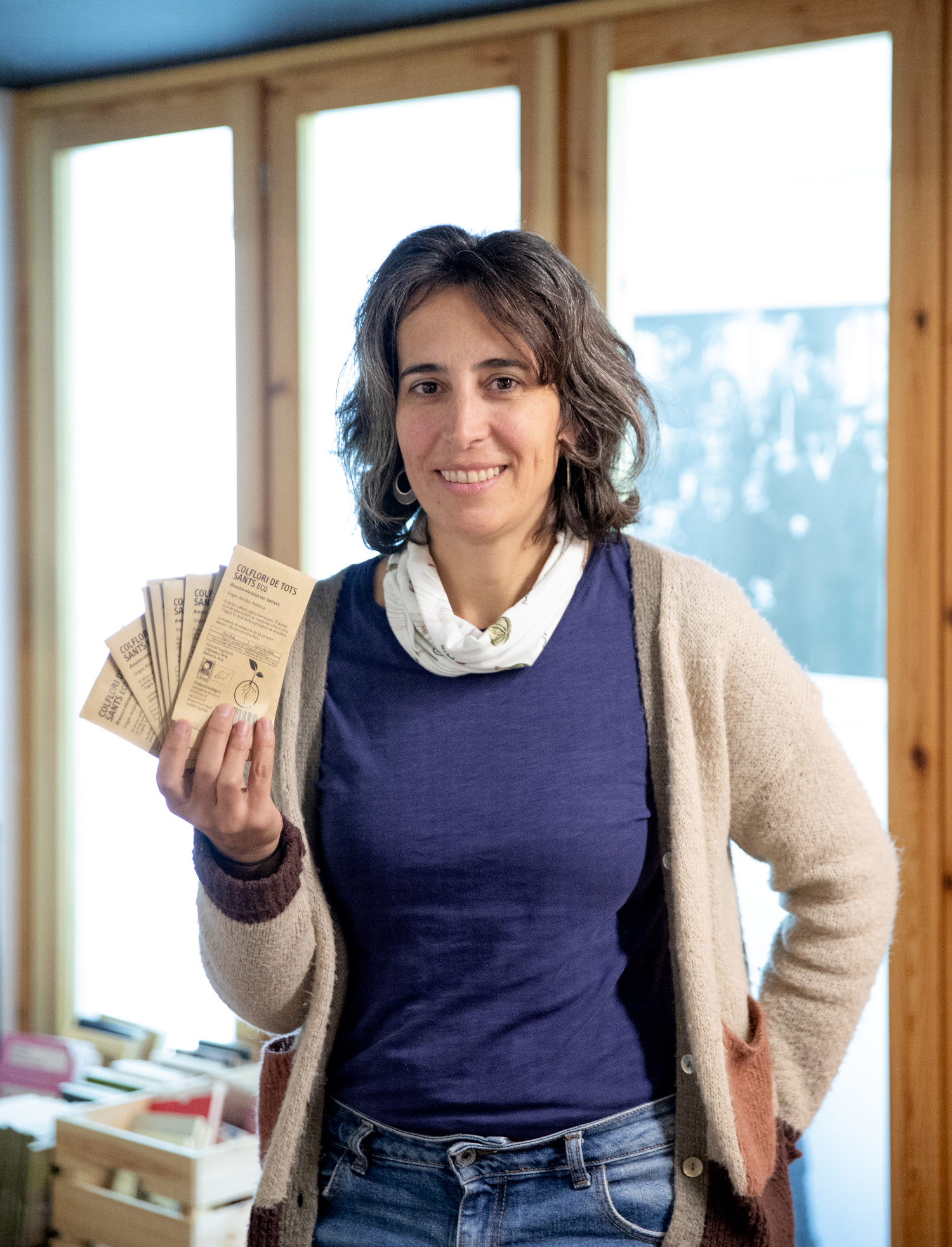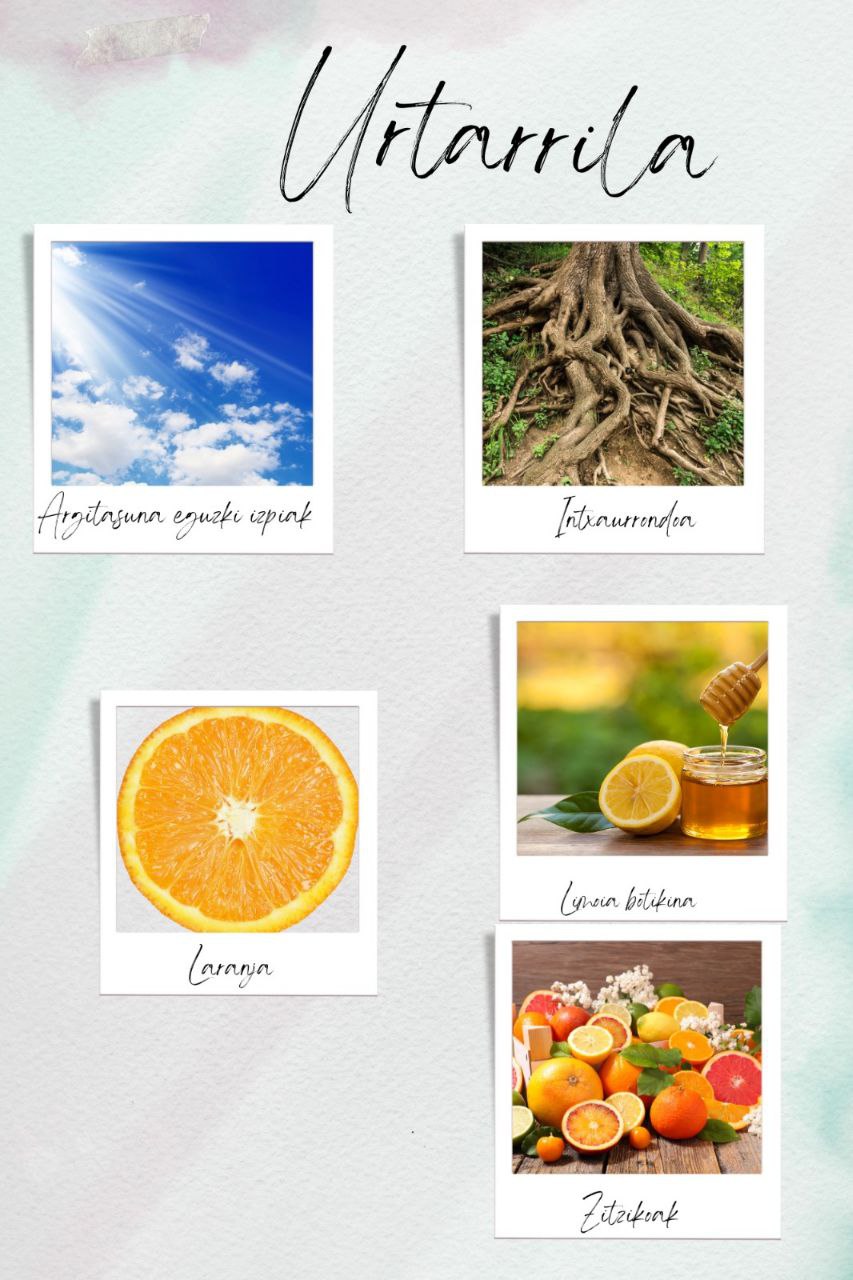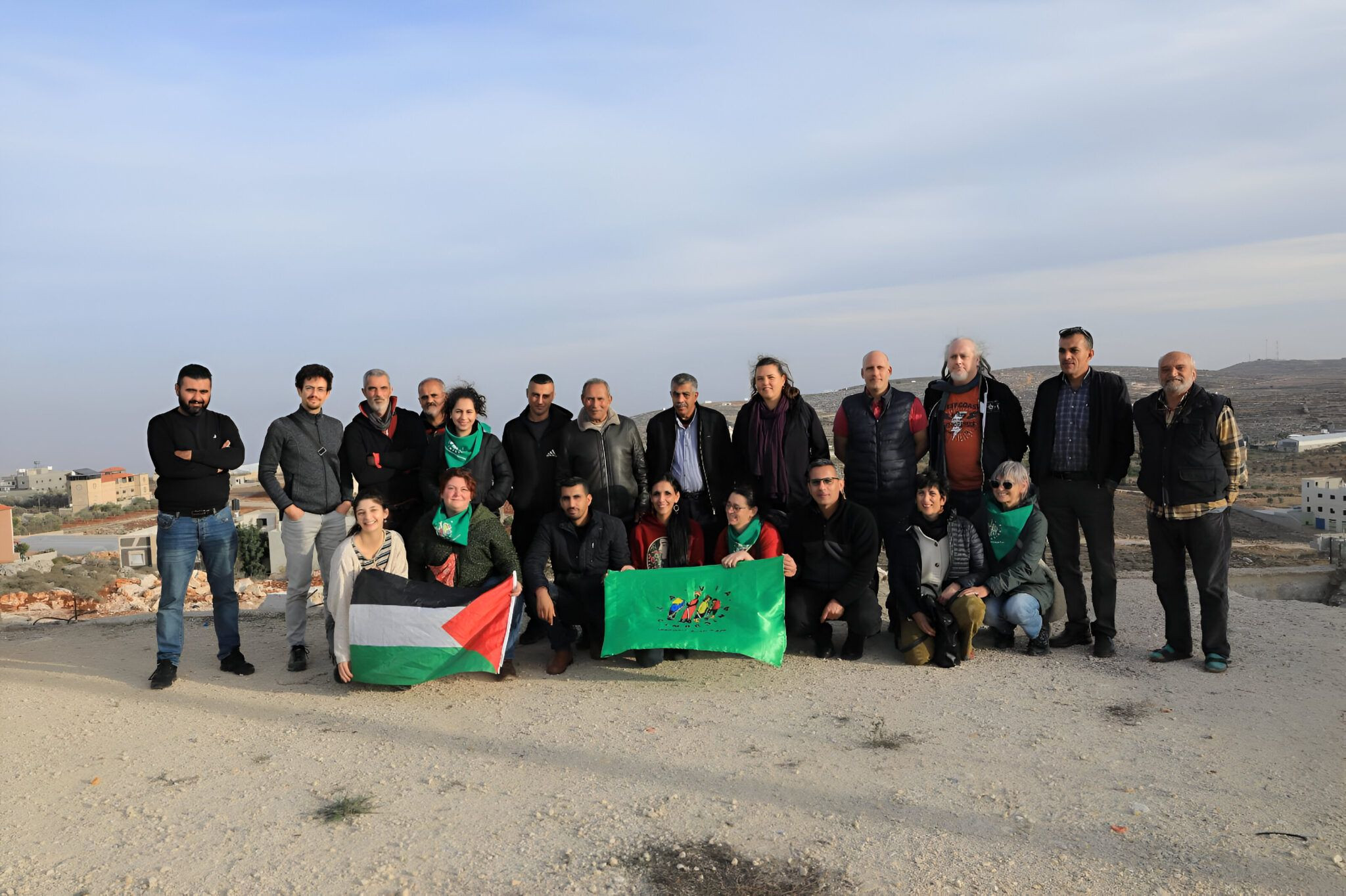Ecological and healthy menus will be offered at three ikastolas in Navarra
- Three Navarre ikastolas have introduced new healthy, sustainable and ecological menus in school canteens, equipped with the own production of the primary sector.

The project was implemented thanks to the agreement for the promotion of organic and sustainable collective dining rooms signed by the Council of Organic Agricultural Production of Navarra (CPAEN/NNPEK) and the Department of Rural Development and the Environment of the Government of Navarra. The implementation of these new menus has been supported by the Federation of Ikastolas of Navarra and Ekoalde as a logistic center for the distribution of organic food for collectivities and the Horeca canal.
In Spain, 30-35% of children are overweight or obese. In Navarra this amount is lower, but it represents a reality: we add too many proteins and sugars to our diet and, in many cases, ultra-processed foods that go against our health. If we add to this the consumption of off-season and far-away food, the result is also negative for the environment and local production. Food has become one of the main concerns of citizens in recent times, and this is reflected in the concern of families for the feeding of children in schools and schools.
"Organic, local, fresh and seasonal foods, coming from the primary sector, are a tool to reorient our eating habits, respect the environment and have a positive impact on rural development," says the Organic Agricultural Production Council of Navarra.
For this reason, in the last two years, NNPEK has promoted the implementation of healthy, sustainable and ecological menus in the Children's Schools of Pamplona, in the farm school Seguro Sustraiak and in the ikastola Argia de Tudela. "In this way, it responds to the citizens' concern, supporting the implementation of menus and, at the same time, promoting organic food and local organic farming," they say. These menus follow the recommendations of health authorities on nutritional criteria and include seasonal, fresh, local and ecological foods.
The Federation of Ikastolas of Navarra is committed to progressively introducing these menus into the ikastolas that replace them. Three centres participated in this phase: These ikastolas have worked throughout the year in the implementation of new menus, together with CPAEN/NNPEK, after checking the results obtained by the ikastola of Tudela Argia. In fact, the latter ikastola has been immersed in a healthy, sustainable and ecological diet for about a year.
Organisation of the production sector
The project was made possible by the agreement signed between CPAEN/NNPEK and the Department of Rural Development and the Environment of the Government of Navarra. "The development of the agreement implies an improvement in food and a boost to local organic production as an essential tool in the current climate change situation and a reduction in the number of farmers", they said.
Work has been done with the first ecological sector to know the interest of producers in this channel, as these types of projects promote the demand for organic food from collectives and boost supply.
For this purpose, Ekoalde "has been a key piece", as it is an association of producers and processors that groups together 70 partners, and allows small producers to reach the community channel by offering their products together. "This work is important, as the centres cannot receive individual suppliers and, therefore, the primary sector can enter a market that has not yet arrived," he said.
In addition, a crop planning and supply structuring work has been carried out with producers to adapt it to the needs of collective restaurants. This ensures the stable supply of food to schools, with fair and fixed prices per year, as well as calibers and qualities adapted to kitchens.
Changes in menus
The educational centers project addresses the transition to sustainable and healthy menus as a radical change in food. "We have worked on the menu structure, following nutritional criteria, dishes elaboration and the ability of kitchens to introduce fresh and seasonal food, which implies the active involvement of the centers, both the management and the kitchen staff, caregivers and teachers," says NNPEK.
A nutritionist and CPAEN/NNPEK technicians form the multidisciplinary team that accompanies the change in the centers, under the supervision of the chef Nani Moré, of Menjadors Ecologics. This association has made similar changes in schools throughout Spain.
The practical changes in the menu are based on the guidelines established by the health authorities, and are summarized in the elimination of fried foods, the reduction of animal proteins and the promotion of the consumption of vegetables and fruits.
The project in figures
Number of menus per day: 1480
Total menus for the year: 260,000
Number of producers involved: 23
Nearby organic foods included: rice, oats, pasta, legumes, flour, preserve, egg, oil, various vegetables.
Emakume bakoitzaren errelatotik abiatuta, lurrari eta elikadurari buruzko jakituria kolektibizatu eta sukaldeko iruditegia irauli nahi ditu Ziminttere proiektuak, mahai baten bueltan, sukaldean bertan eta elikagaiak eskutan darabiltzaten bitartean.
Zuhaitza esnatzear dago, kimuak ageri dira adarretan. Gutxi falta da loraldirako, laster aro berria hasiko du, indarberrituta.























